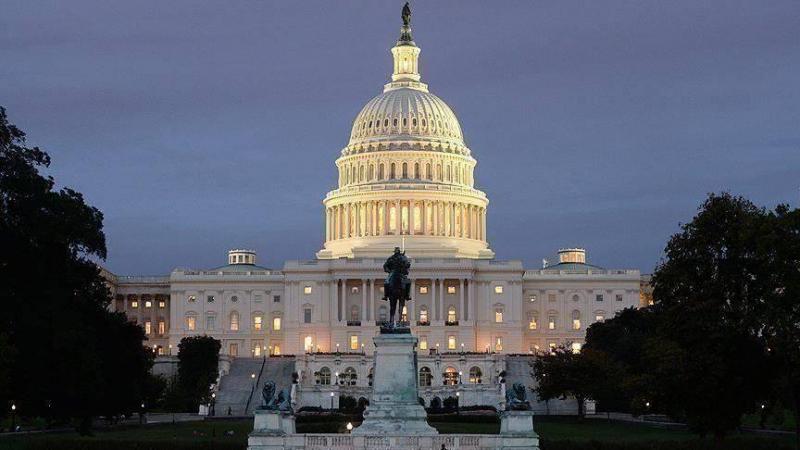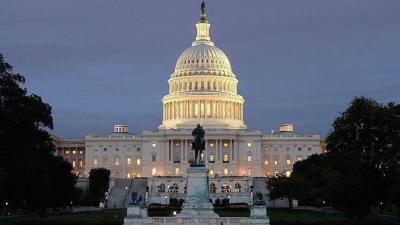On Thursday, senior Republican senators in the U.S. Senate presented a $568 billion infrastructure funding stimulus package as an alternative to President Joe Biden's $2.25 trillion proposal. The Republican plan includes more traditional infrastructure projects such as roads and bridges and does not entail tax increases on corporations, which Democrats are seeking as part of their funding plans.
The Republican package, which spans five years, allocates $299 billion for roads and bridges, more than double the amount suggested in Biden's plan. The remaining funds cover other areas, including transportation, railways, airports, water projects, and broadband internet.
The plan did not provide further details on how it would be funded apart from mentioning taxes on electric vehicles and reallocating unspent budget funds. Republicans specifically oppose rolling back any tax cuts implemented by their party in 2017 or increasing the national debt.
In revealing the plan, Senator Shelley Moore Capito of West Virginia, a member of the Republican Senate Committee on Environment and Public Works, described it as "a strong package," claiming it to be the largest supported by the Republican Party ever. She added, "We can fully fund it, which is critically important.” Capito characterized the plan as a "good starting point" for negotiations with the White House, noting that negotiations always involve compromises.
Senator Roger Wicker, a senior Republican member from Mississippi and a member of the Senate Committee on Commerce, Science, and Transportation, stated that the party sent the plan to the White House. Other supporters of the plan include John Barrasso from Wyoming and Pat Toomey from Pennsylvania, who is the Republican committee ranking member.
The Republican spending plan extends over five years, compared to Biden's eight-year timeline. The White House plan also includes expenditures not present in the Republican proposal, such as $400 billion for housing and senior care, $300 billion for manufacturing, and $180 billion for research and development.
Republican members had separately expressed support for a spending plan to boost American manufacturing in response to China. The total spending in the Republican plan approaches the proposal Capito presented a few days prior, which ranged between $600 billion and $800 billion.
Capito stated that Republicans do not favor increasing the gas tax but have discussed a vehicle mileage tax that could cover the costs of using electric cars on roads. She also suggested that cities, states, and counties reallocate part of their pandemic relief funds, previously approved, to finance infrastructure projects, while Toomey urged states with "revenue flow" to contribute to the funding.
There is clear opposition to Biden's proposal to raise corporate taxes to assist in funding his plan.
Points of contention remain regarding whether the plan will attract bipartisan support or lead to an agreement with the White House. Earlier this year, Democrats rejected a proposal from 10 Republican senators that included a $600 billion pandemic relief package, deeming it insufficient, and subsequently advanced Biden's standalone $1.9 trillion pandemic relief package.
Democratic Senator Chris Coons from Delaware called for bipartisan senators to gather this time around a preliminary infrastructure package amounting to $1 trillion, which would be larger than the Republican proposal, ensure Biden's priorities, and gain Democrats' support.
Moderate Democratic Senator Joe Manchin from West Virginia emphasized the need for both parties to make a genuine effort to pass a bipartisan infrastructure package. On Thursday, Senate Republican No. 2 John Thune urged Democrats and Biden to work with Republicans to achieve a streamlined package, warning against another massive partisan plan that could lead to fast-tracked voting without requiring Republican support.
Republicans criticize Biden's plan for spending more on electric vehicles than on roads and for raising taxes by hundreds of billions of dollars on items not considered traditional infrastructure, such as funds allocated for senior care. Meanwhile, spending on roads, airports, water projects, sewage systems, and expanding broadband internet in rural areas enjoys broad bipartisan support. Financing the infrastructure plan remains a major point of contention between the parties, as the plan has not provided a clear funding method.




